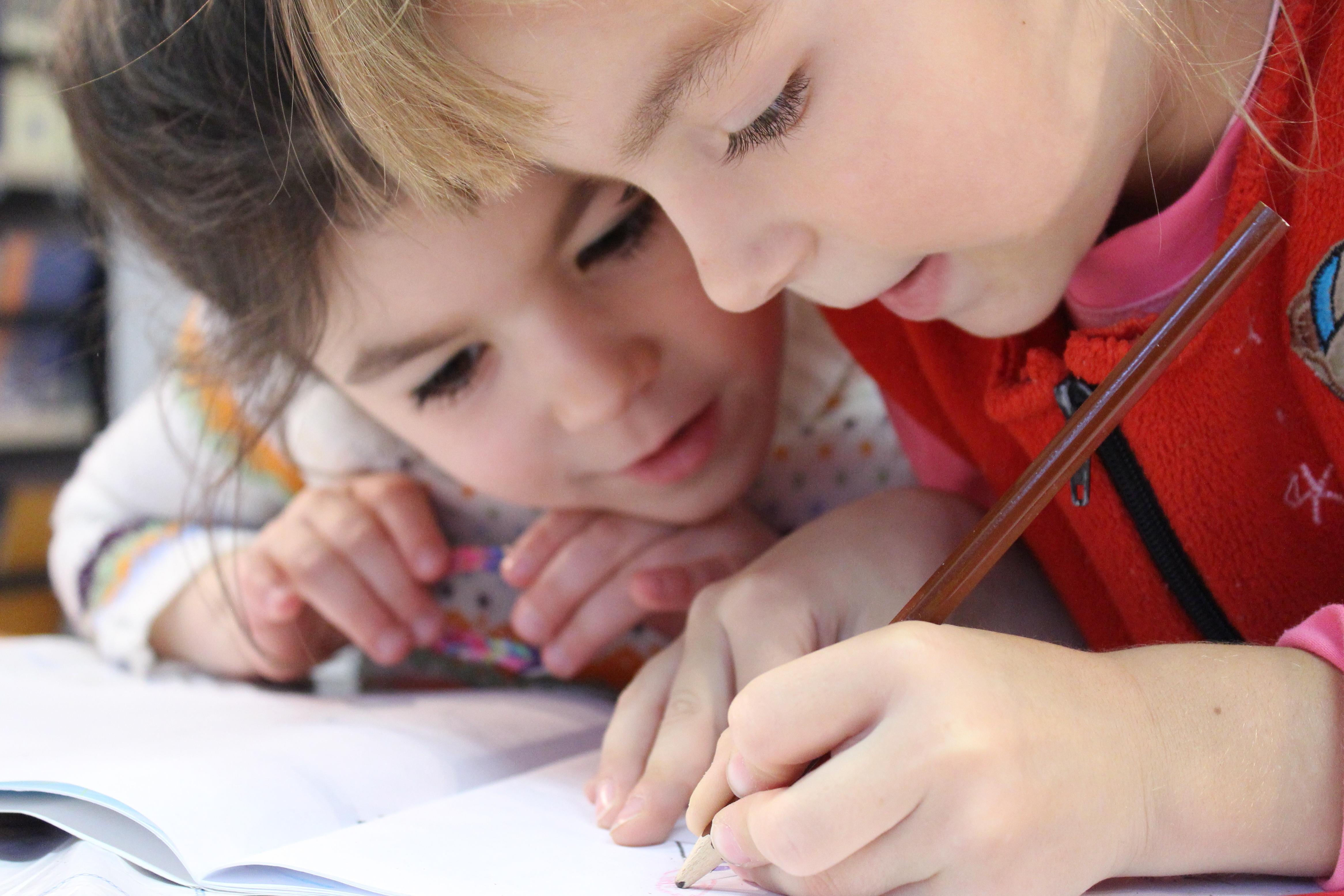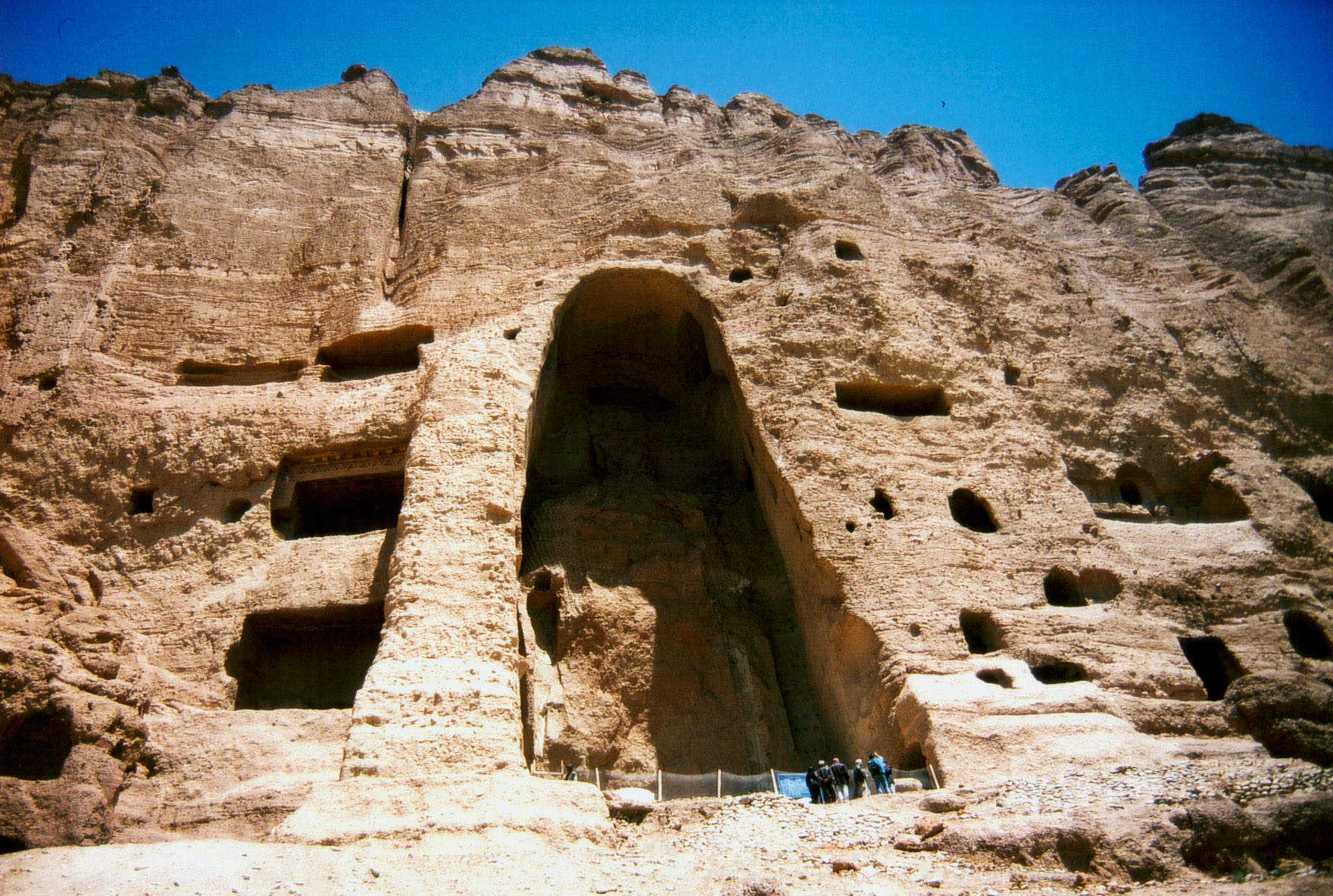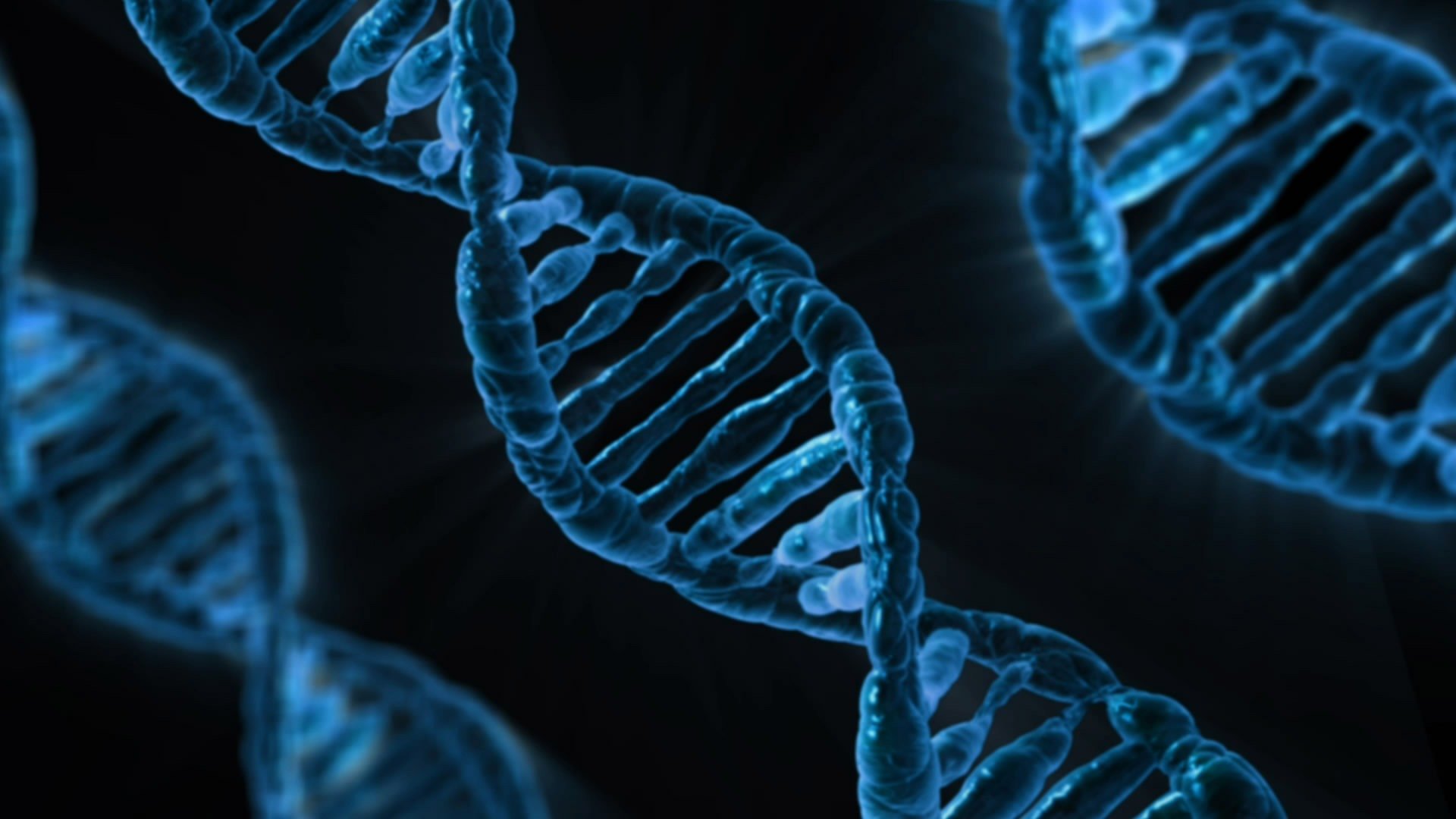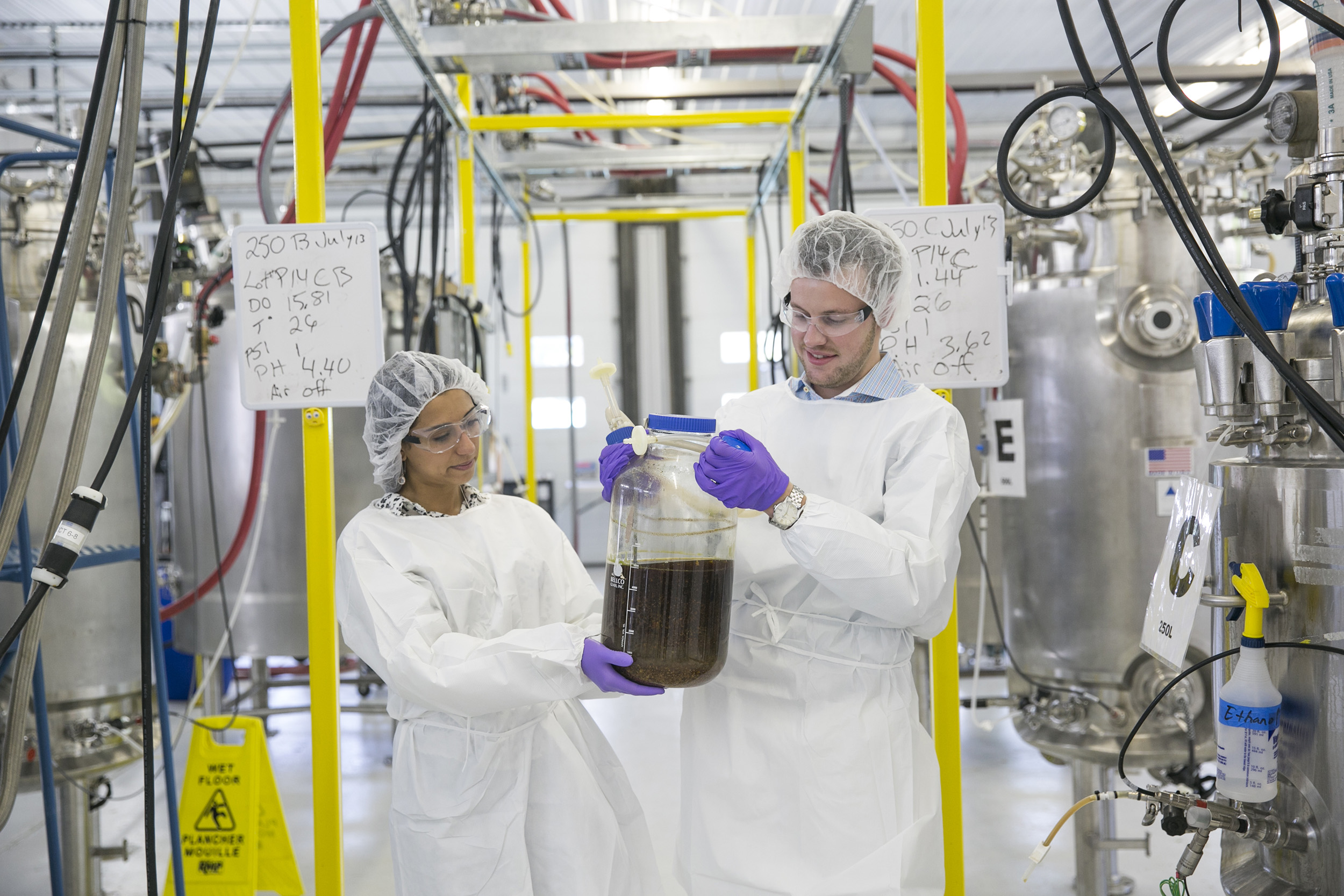Cleaned-up data shows bigger-than-thought reduction in Europe’s NO2 pollution – Dr Folkert Boersma
An analysis of a newly cleaned-up dataset tracking Europe’s air pollution has revealed that nitrogen dioxide levels are on a steeper downward trend than previously thought, according to Dr Folkert Boersma from the Royal Netherlands Meteorological Institute, who says that ensuring the quality of Earth observation data can reveal new insights into climate change. He … Read more






